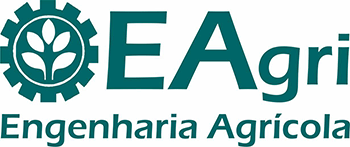ABSTRACT
The use of agricultural residues in anaerobic digestion (AD) for biogas production promotes environmental and socioeconomic benefits. This study aimed to evaluate the biogas production from dry coffee husks (DCH), wet coffee husks (WCH), and cattle manure (CM) in AD. Prototypes of Indian anaerobic benchtop digesters with a batch feeding system supplied with 100 CM, 100 DCH, and 100 WCH for anaerobic mono-digestion (AMoD) and 25:75 DCH:CM and WCH:CM for anaerobic co-digestion (ACoD) were used in the experiment. The dry husk was mechanically pre-treated with grinding in a manual mill. Moisture and total solid presented no statistically significant difference between the studied relationships but the coffee husk as a co-digestant acidified the medium to be digested. The 25:75 DCH:CM ratio anticipated biogas production (7th week) and showed higher potential for weekly and accumulated biogas production. The Gompertz model showed the best fit considering the coefficient of determination, mean relative error, standard deviation of the estimate, and mean squared deviation. Therefore, the coffee husk as a co-digestant of cattle manure is a potential lignocellulosic biomass for biogas production provided that the process is conducted under pre-treatment.
anaerobic co-digestion; dry digestion; wet digestion; production potential; mathematical modeling

 Thumbnail
Thumbnail
 Thumbnail
Thumbnail
 Thumbnail
Thumbnail


